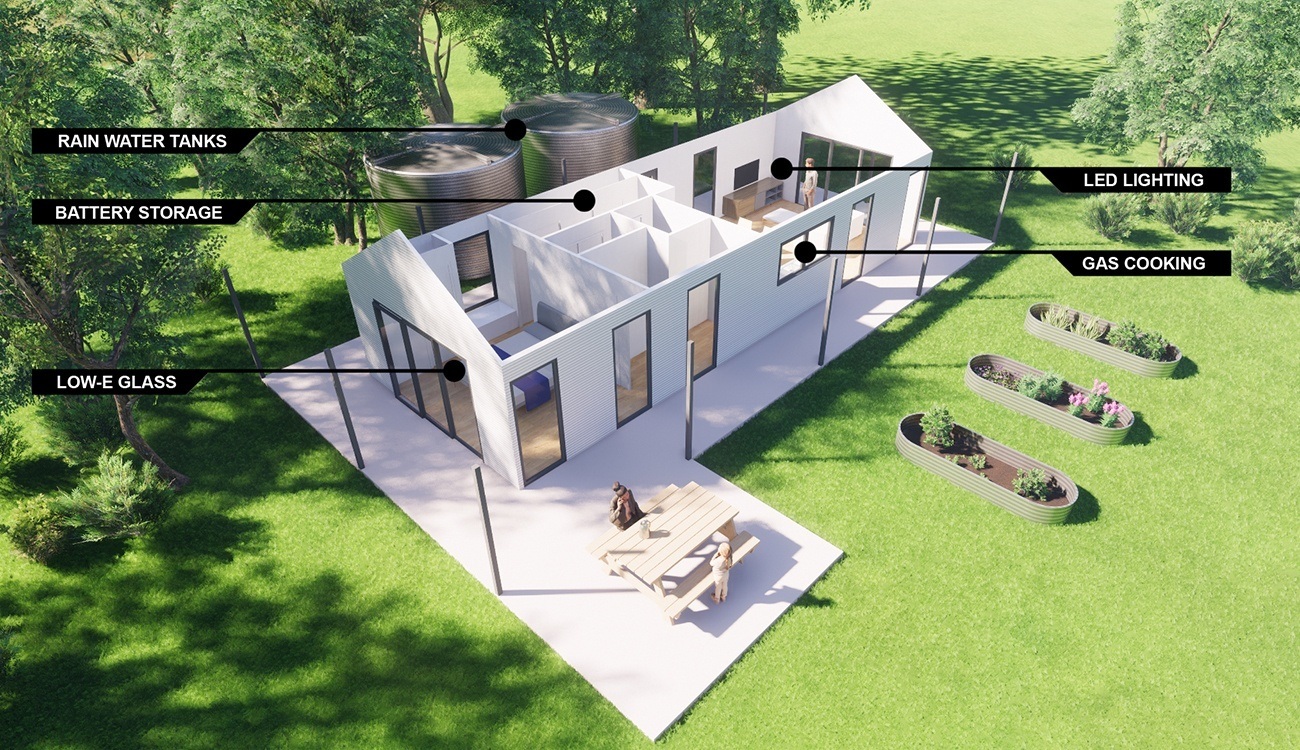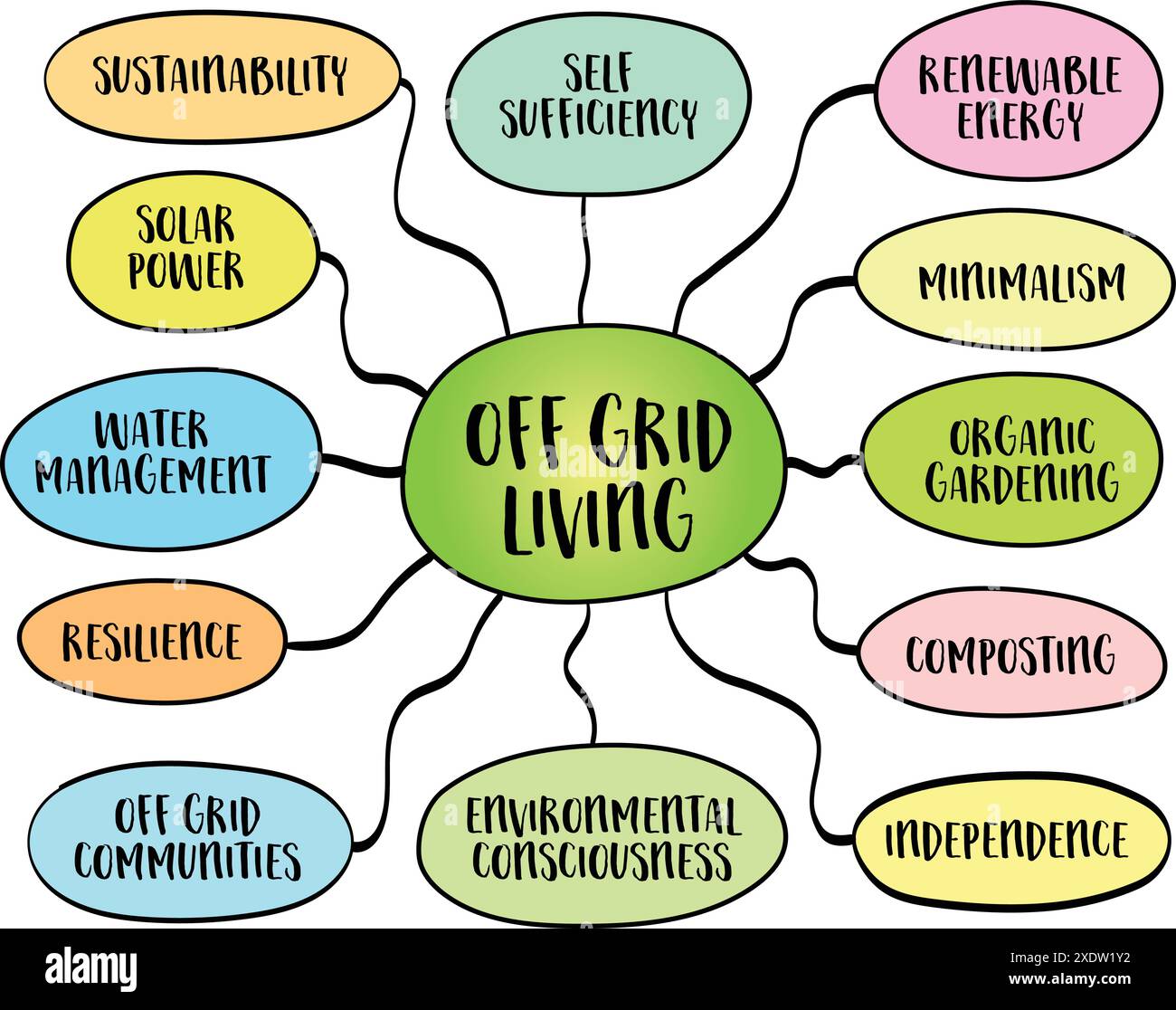Off grid living courses UK are transforming lives, offering a pathway to self-sufficiency and a deeper connection with nature. Imagine mastering essential skills like water harvesting, renewable energy generation, and sustainable food production – all within the stunning landscapes of the UK. These courses aren’t just about survival; they’re about empowerment, resilience, and creating a more sustainable future. Learn to build your own shelter, cultivate your own food, and live harmoniously with the environment.
Discover the freedom and fulfillment of a life less ordinary.
From intensive weekend workshops to longer residential programs, a variety of courses cater to different experience levels and time commitments. You’ll gain practical, hands-on experience alongside theoretical knowledge, equipping you with the confidence and skills to embark on your own off-grid journey. Whether you’re seeking a complete lifestyle change or simply want to enhance your self-reliance, these courses provide the perfect starting point.
Course Providers in the UK: Off Grid Living Courses Uk
Embarking on your off-grid journey requires thorough preparation, and choosing the right course provider is paramount. Several reputable organisations across the UK offer comprehensive training in various aspects of self-sufficient living. Understanding their offerings and comparing their approaches will help you select the program best suited to your needs and aspirations.
Off-Grid Living Course Providers in the UK
Finding the perfect course requires careful consideration. Below are five organisations offering off-grid living courses in the UK, each with a unique approach and specialisation. Remember to verify course availability and details directly with the providers.
- The Bushcraft Company
- Survival Skills UK
- Norfolk Bushcraft
- WildWise
- Forest School Association
Comparison of Three Course Providers
To illustrate the diversity of course offerings, we will compare three providers: The Bushcraft Company, Survival Skills UK, and Norfolk Bushcraft. Their courses vary in duration, focus, and cost, reflecting the differing skill sets and experiences they aim to deliver.
| Provider | Course Duration | Course Price | Course Focus |
|---|---|---|---|
| The Bushcraft Company | Varies, from weekend workshops to week-long intensive courses | Varies depending on course duration and content; expect to pay from £150 to £800+ | Comprehensive bushcraft skills, including shelter building, firecraft, foraging, and basic survival techniques. |
| Survival Skills UK | Offers a range of courses, from single-day sessions to multi-day expeditions | Pricing varies widely based on the course; expect a range from £100 to £500+ | Focuses on practical survival skills, wilderness first aid, and navigation in challenging environments. |
| Norfolk Bushcraft | Provides both short and long courses, often tailored to specific interests | Costs vary considerably based on course content and duration; expect a range from £100 to £700+ | Specialises in traditional bushcraft skills within a specific geographical context (Norfolk), integrating local flora and fauna knowledge. |
Instructor Qualifications and Experience
The expertise of the instructors is a crucial factor in choosing a course. We will examine the qualifications and experience of instructors from two of the providers mentioned above: The Bushcraft Company and Survival Skills UK. This information is usually available on their respective websites.
The Bushcraft Company often employs instructors with extensive experience in outdoor pursuits, many holding certifications in wilderness first aid, arboriculture, or related fields. They often highlight years of practical experience in their instructor profiles, showcasing expertise in bushcraft techniques and survival skills. Many have backgrounds in guiding or outdoor education.
Survival Skills UK similarly emphasizes the qualifications and experience of their instructors. Their instructors frequently possess qualifications in relevant areas such as wilderness medicine, mountain leadership, or military backgrounds with survival training. They typically provide detailed biographies on their website, emphasizing their practical experience and expertise.
Course Costs and Financing
Embarking on a journey towards self-sufficient off-grid living requires a significant investment, not just in time and effort, but also financially. Understanding the costs involved in acquiring the necessary skills through a dedicated course, as well as the long-term financial implications of this lifestyle choice, is crucial for informed decision-making. This section provides a transparent overview of typical course costs and explores potential funding avenues to help you navigate this important aspect of your off-grid journey.
Typical Costs of Off-Grid Living Courses in the UK
The cost of off-grid living courses in the UK varies considerably depending on several factors, including the course duration, intensity, location, and the specific skills taught. A comprehensive course covering multiple aspects of off-grid living, such as renewable energy, water harvesting, and sustainable building techniques, will naturally command a higher price than a shorter, more focused workshop. Accommodation options also influence the overall expense.
| Cost Category | Typical Range (£) | Notes |
|---|---|---|
| Tuition Fees | 500 – 2500 | Varies greatly depending on course length and provider. Shorter workshops may fall at the lower end, while intensive, multi-week courses will be significantly higher. |
| Materials | 100 – 500 | This covers the cost of any materials used during practical sessions. Some courses may include materials, while others require participants to purchase their own. |
| Accommodation (if included) | 200 – 1000+ | Prices vary based on the type of accommodation (camping, basic lodging, shared rooms, etc.) and the duration of the course. |
| Travel & Food | Variable | Travel costs to and from the course location and daily food expenses are not typically included in course fees and can vary greatly depending on individual circumstances. |
Funding Options and Scholarships
Securing funding can make a significant difference in making an off-grid living course accessible. Several avenues can be explored:
- Personal Savings: The most common source of funding. Careful budgeting and saving in advance are essential.
- Loans: Personal loans or dedicated education loans can be considered, though interest rates should be carefully evaluated.
- Grants and Bursaries: Research organizations and charities that support sustainable living initiatives. Some may offer grants or bursaries specifically for courses related to off-grid living. Examples could include local environmental trusts or national organizations focusing on rural skills development.
- Employer Sponsorship: If the course enhances your professional skills (e.g., for a career in renewable energy), your employer might be willing to sponsor your training.
Long-Term Financial Implications of Off-Grid Living
While often perceived as a cost-saving lifestyle, transitioning to off-grid living involves significant upfront investment. The initial costs of land acquisition, building or renovating a dwelling, installing renewable energy systems, and establishing water and waste management solutions can be substantial. However, long-term savings can be realized through reduced reliance on utility bills and decreased consumption. The actual financial benefits depend heavily on factors like location, the scale of the off-grid system, and individual lifestyle choices.
A successful transition necessitates meticulous planning and budgeting. For instance, a family reducing their annual energy bill from £2000 to £500 through solar power achieves a £1500 annual saving, but the initial investment in solar panels might be £5000 to £10000.
Budget Template for Off-Grid Living Course
Creating a detailed budget is crucial. This template can be adapted to individual circumstances.
Learn about more about the process of off grid living alabama in the field.
| Income | Amount (£) |
|---|---|
| Savings | |
| Loans | |
| Grants | |
| Other | |
| Total Income | |
| Expenses | Amount (£) |
| Tuition Fees | |
| Materials | |
| Accommodation | |
| Travel | |
| Food | |
| Other (e.g., books, tools) | |
| Total Expenses | |
| Net Balance | (Total Income – Total Expenses) |
Post-Course Support and Community

Embarking on an off-grid journey is a significant undertaking, demanding not only practical skills but also unwavering support and a strong sense of community. The knowledge gained during an off-grid living course provides a solid foundation, but ongoing mentorship and connection with like-minded individuals are crucial for long-term success and resilience. This section explores the vital role of post-course support and the diverse avenues available for continued learning and collaboration within the UK’s thriving off-grid community.The transition to off-grid living presents unique challenges that extend beyond the initial learning phase.
Unexpected repairs, seasonal variations, and the constant evolution of sustainable practices require ongoing learning and problem-solving. A supportive community provides a crucial safety net, offering access to collective wisdom, shared experiences, and practical assistance when needed. Mentorship, in particular, can bridge the gap between theoretical knowledge and real-world application, helping individuals navigate the complexities of off-grid life with greater confidence and efficiency.
Online and Offline Communities for Off-Grid Enthusiasts in the UK, Off grid living courses uk
Numerous online and offline platforms foster a vibrant community for off-grid enthusiasts in the UK. Online forums, such as dedicated subreddits or Facebook groups, offer spaces for sharing experiences, troubleshooting technical issues, and accessing advice from experienced off-grid practitioners. These virtual communities provide immediate support, allowing individuals to connect with others facing similar challenges and access a wealth of collective knowledge.
Offline communities, often centered around local sustainability groups or eco-villages, provide opportunities for in-person networking, skill-sharing workshops, and collaborative projects. These face-to-face interactions cultivate stronger bonds and facilitate practical learning through direct observation and collaboration.
Examples of Successful Off-Grid Living Projects in the UK
One notable example is the Lammas Eco-Village in Gloucestershire. This community features a range of sustainable housing solutions, including earth-sheltered homes and timber-framed structures designed for energy efficiency. They utilise renewable energy sources such as solar panels and wind turbines, along with greywater recycling systems and composting toilets. Their self-sufficiency extends to food production through community gardens and orchards, demonstrating a holistic approach to sustainable living.
Another successful example is a remote croft in the Scottish Highlands, where a family successfully implemented a completely off-grid system utilizing solar power, rainwater harvesting, and a wood-burning stove for heating. Their setup highlights the adaptability of off-grid solutions to diverse climates and landscapes. Their food is largely self-sourced through farming, fishing, and foraging, emphasizing resourcefulness and connection to the land.
Resources for Continued Learning and Support
Access to reliable information is vital for ongoing success in off-grid living. Several resources can support continued learning and provide ongoing assistance.A list of helpful resources includes:
- Books: “The Self-Sufficient Life and How to Live It” by John Seymour, “Off-Grid: A Practical Guide to Living Off the Land” by Tristan Gooley.
- Websites: The website of the UK’s Sustainable Homes Association provides valuable insights into sustainable building practices and technologies. Various blogs and online forums dedicated to off-grid living offer a wealth of practical advice and shared experiences.
- Organizations: The Centre for Alternative Technology (CAT) in Wales offers courses, workshops, and resources on sustainable living, including off-grid technologies. Many local environmental organizations and community groups also provide valuable support and resources for those pursuing off-grid lifestyles.
Embarking on the path to off-grid living is a journey of discovery, resilience, and connection. UK off-grid living courses provide the essential tools and knowledge to navigate this exciting path. By learning practical skills, understanding sustainable practices, and connecting with a supportive community, you can build a life aligned with your values and create a more sustainable future for yourself and the planet.
Don’t just dream of self-sufficiency – make it a reality. Enroll in a course today and start your off-grid adventure.
Expert Answers
What qualifications do I need to join an off-grid living course?
Most courses welcome beginners with no prior experience. However, some may require a certain level of physical fitness.
Are off-grid living courses suitable for families?
Some providers offer family-friendly courses or workshops, but it’s essential to check with individual providers for specific details.
What kind of accommodation is available during courses?
Accommodation varies depending on the provider and course. Options include camping, basic cabins, or shared accommodation.
Can I get a job after completing an off-grid living course?
While not directly job-focused, the skills gained can be valuable in various sectors like eco-tourism, sustainable farming, and conservation.


